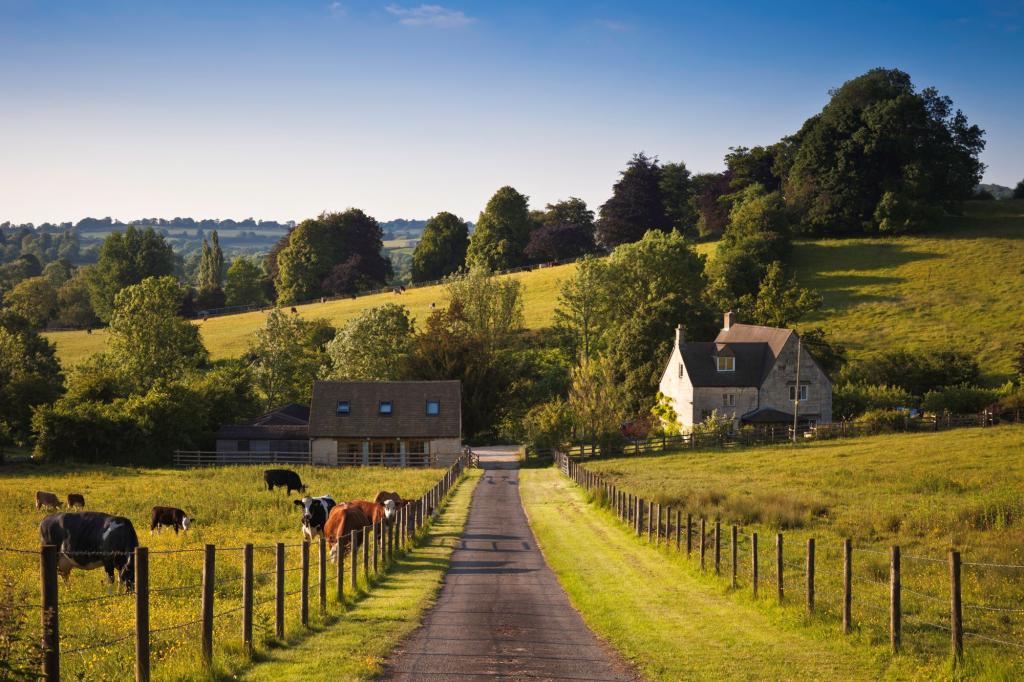
In this article, I provide the common Partnership pitfalls when owning property for business purposes.
What is Partnership Property?
Subject to any written agreements between the Partners, Partnerships are governed by the Partnership Act 1890 (“the Act”). Section 20 of the Act confirms that all property originally brought into the Partnership, whether by purchase or otherwise, for the purposes of or in the course of the partnership business, is defined as Partnership Property. This is a general principle that can be rebutted with evidence to the contrary.
It has been a longstanding principle that when purchasing property for the benefit and purpose of the Partnership, where there is no express declaration as to the ownership of the property, equity will usually assume that co-owners acquiring property for business purposes do not intend to hold this property as joint tenants but rather tenants in common i.e. their share in that property is distinct and will not pass automatically to the co-owners on death of an owner.
The recent case of Williams v Williams [2024]* noted that reference to land in Partnership Accounts was not conclusive evidence that the land was Partnership Property. In this case, although the land in question was shown on the Partnership Accounts, it was held that this was as a result of the decision of the Partnership Accountant rather than an express instruction of the Partners and, as such, this fact did not form any express agreement between the Partners regarding the ownership of the land.
In this case the court expressed that it is likely to be wary of any statements relating to ownership of the property made after a dispute has arisen, but statements as to the ownership of the property made nearer the time of the acquisition are apt to provide relevant insight to the parties’ intentions at the time of the purchase.
Who owns Partnership Property?
A Partnership is not its own legal entity; therefore, the Partnership cannot own the legal title to a property. Instead, the legal title to the property will be ‘owned’ by each individual Partner. The Partners will be named on the legal title but they will hold the property on trust for the Partnership.
It is up to the Partners of the Partnership to agree between them how the Partnership Property is to be owned.
What happens if there is a dispute?
If there is a dispute regarding whether or not property falls to be Partnership Property, the court will first look to any written agreements between the parties. In the absence of that, the court will consider the following:
- The circumstances of the acquisition of the property;
- The purpose of that acquisition; and
- The manner in which that property has subsequently been dealt with. See above comment to expand on this. For example, has the property been included in the Accounts, or have any express intentions been recorded at the time of the acquisition.
How to protect your Partnership Property
Prevention is better than cure – a court will look to contemporaneous documents that show the parties intentions at the time the property was introduced to the Partnership – A Partnership Agreement allows you to set out your intentions and govern what should happen in the event of a dispute saving a lot of trouble in the long run. You can prepare a Partnership Agreement at any time.
Be aware of what property the Partnership uses and may own.
Check that your understanding aligns with that of your fellow Partners.
If a dispute is looking likely, seek early advice to understand your position and ensure you do not take premature action that could prejudice your case later. Please contact our Dispute Resolution team who will be happy to help.
*Williams v Williams [2024] EWCA Civ 42
